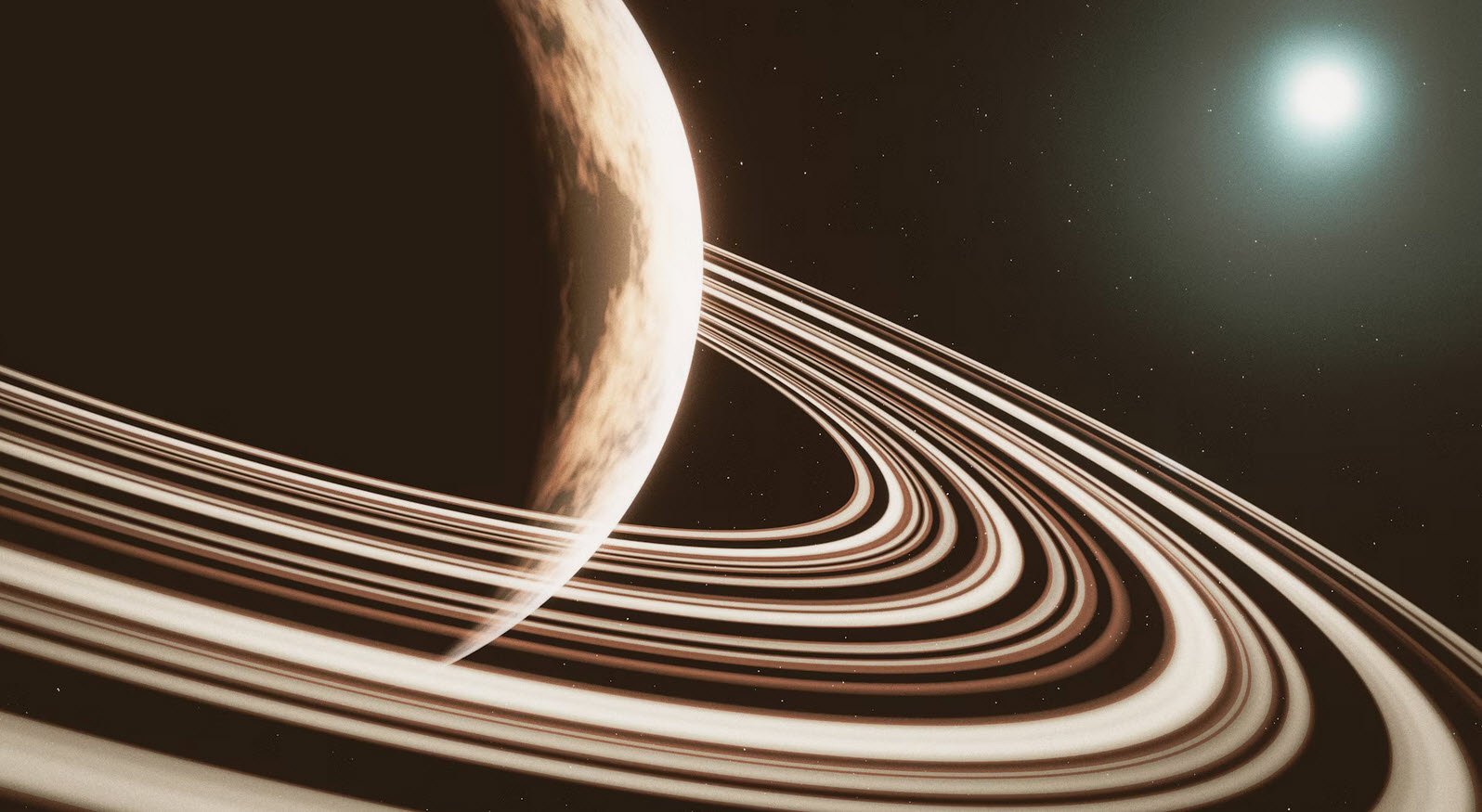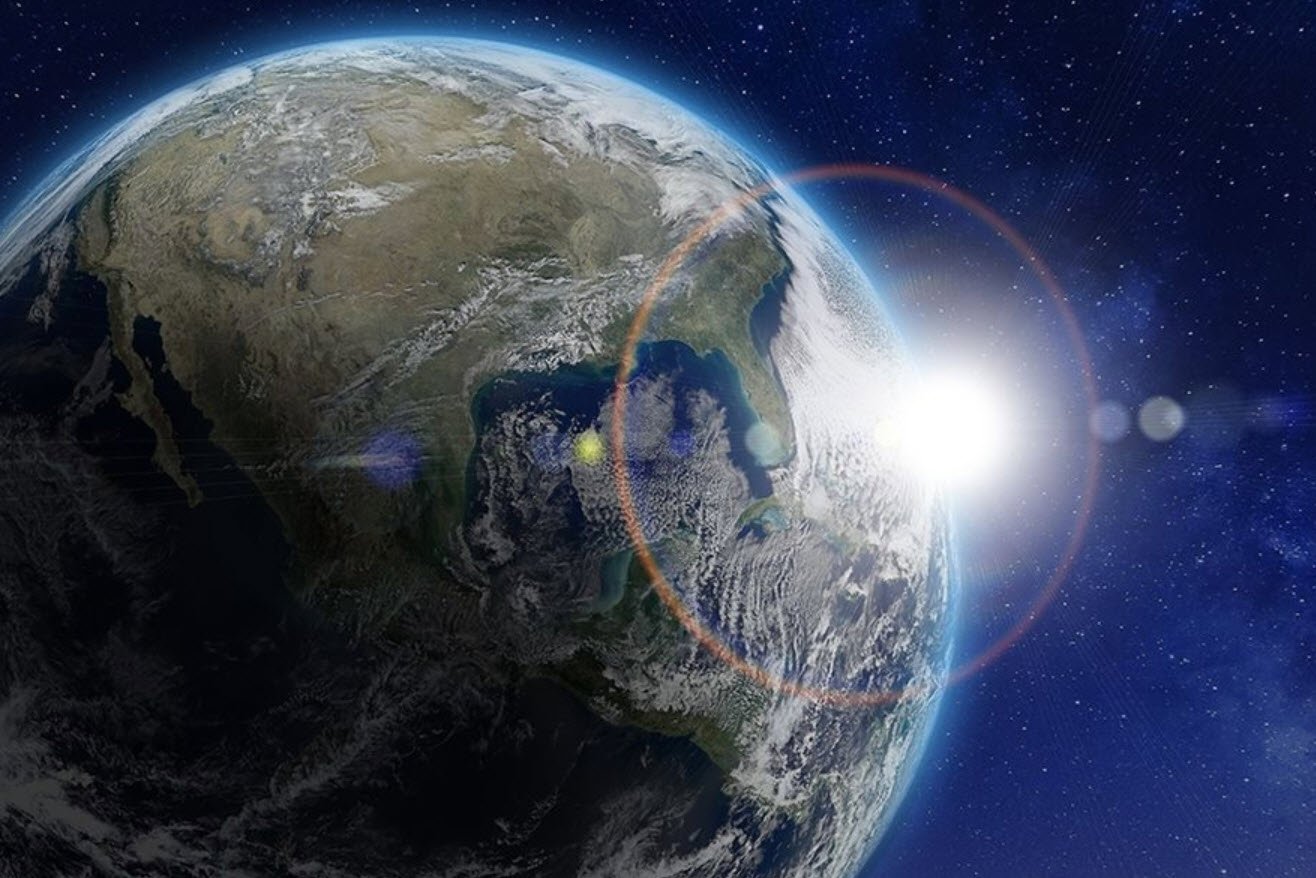
Global warming refers to the gradual increase in the average temperature of the Earth’s atmosphere and oceans, primarily due to the burning of fossil fuels (such as coal, oil, and natural gas) and deforestation.
These activities release greenhouse gases, such as carbon dioxide and methane, into the atmosphere, which trap heat and cause the Earth’s temperature to rise. The result of global warming is climate change, which can lead to a variety of negative effects, including more extreme weather, sea level rise, and changes in the distribution of plants and animals. It is a pressing issue and many countries and organizations are working towards reducing carbon emissions to slow down the process of global warming.
Scientists blame global warming for the declining penguin population, as warmer waters and smaller ice plots force the birds to travel further to find food.
- with accelerated global warming and ice covering melting, the earth would be absorbing more sunlight,and is on its way to becoming hotter than before.
- Due to global warming the polar ice cap in Arctic region is shrinking if this continues, summers in the arctic would become ice free by the and of this country.
- Every time we burn oil, coal of gas to generate electricity and power we produce the heat trapping gases that cause global warming.
- Ice caps all white, and reflect sunlight, much is reflecting back in to the space, in turn cooling earth; with the ice caps melting, the only reflector is the ocean. Dark colours absorb sunlight, further warming the earth.
Global warming can affect the Earth in a variety of ways, including:
- More extreme weather: As the Earth’s temperature rises, the climate becomes more unstable, leading to more frequent and severe heatwaves, droughts, storms, and floods.
- Sea level rise: As the Earth’s temperature rises, the polar ice caps and glaciers melt, causing the sea level to rise and flooding coastal areas.
- Changes in precipitation patterns: Global warming can cause changes in precipitation patterns, leading to both droughts and floods in different regions.
- Damage to ecosystems: As the Earth’s temperature rises, plants and animals are forced to adapt to new conditions. Some species may not be able to adapt and will become extinct.
- Economic impact: The effects of global warming can have a significant impact on agriculture, forestry, and fishing, as well as on coastal communities and infrastructure.
- Health effects: The increased frequency and severity of heatwaves, storms, and floods can lead to an increase in heat-related illnesses and injuries, as well as the spread of disease through contaminated water.
It is important to note that the effects of global warming are complex and interconnected, and that the impacts will vary depending on location, population and environment.
Climate change and global warming are often used interchangeably, but they have slightly different meanings. Global warming refers specifically to the gradual increase in the average temperature of the Earth’s atmosphere and oceans, primarily due to the burning of fossil fuels and deforestation.
Climate change, on the other hand, is a broader term that refers to the long-term shifts in temperature, precipitation, wind patterns, and other measures of climate that occur over several decades or longer.
Climate change includes global warming, but also includes other changes in the Earth’s climate, such as changes in precipitation patterns, the frequency and severity of storms, and sea level rise. In other words, global warming is one aspect of climate change. Climate change is a long-term trend and global warming is the cause of that trend.







